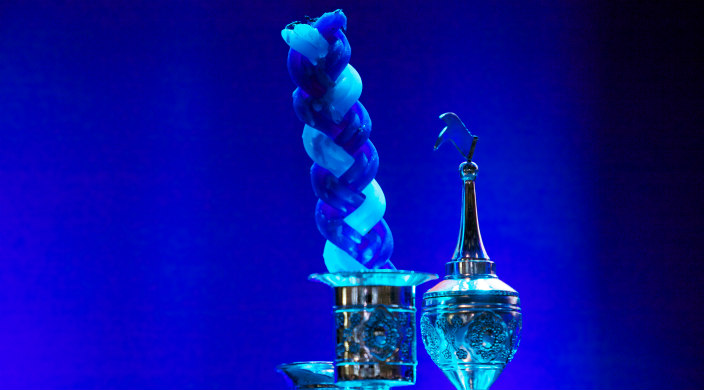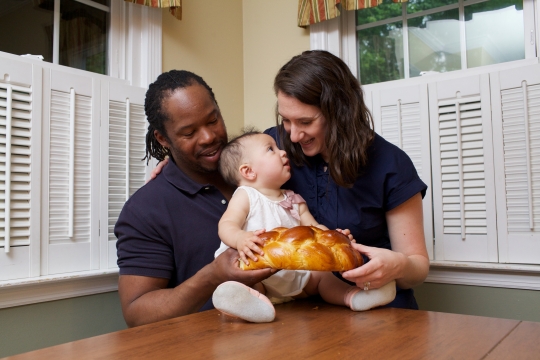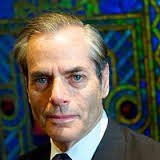
Havdalah isn’t much fun when I’m by myself, but I do it anyway.
My wife, Vickie, was in San Francisco for Thanksgiving weekend, visiting her 97-year old mother, our children, and four grandchildren who live there.
My duties as rabbi of Bat Yam Temple of the Islands in Sanibel, FL, kept me home for the holiday. We don’t like to be apart on holidays, but given the realistic possibilities, we made the best choice. It’s vital for Vickie to spend as much time with her mother as possible, and every time either of us sees our children and grandchildren, it’s a great joy.
I often say, “We have all been expelled from The Garden of Eden.” None of us has it perfect in life. There is no perfect, marriage, position or friendship. But our tradition urges us to make the best choices of those available to us that we can.
God in the Torah is an example. Rabbi Samuel Karff taught that God had to choose between Esau, on the one hand, who cared so little for his birthright that he sold it for a bowl of stew, and Jacob, on the other hand, who wanted it so badly that he would cheat and lie to get it. Some choice! But if even God had to choose between imperfect alternatives, it should not surprise us that so must we.
I am frequently asked, “Why do we study Genesis’ stories year after year? They’re all about highly dysfunctional families!” No argument there – but their very flaws make them valuable object lessons for us.
We are all flawed, too. Jacob and Joseph were obnoxious punks in their youth. Neither becomes perfect, but each grows into a responsible adult to fulfill vital roles in keeping our people’s Covenant with God – a Covenant made for the purpose of creating a just, caring and compassionate society, vibrant and alive.
That brings me back to Havdalah.
In the flames’ reflection, I see the days when our three children were young, and we all said goodbye to Shabbat together. Now, they’re busy adults, scattered from Jerusalem to San Francisco to Connecticut, each pursuing worthy careers that help further the Covenant’s original goal.
If we can’t all be together, at least let there be Vickie and I – but last week, she, too, was in pursuit of important Covenantal ideals by visiting her aging mother.
When I find myself alone, it would, frankly, be easier to skip the ritual altogether – but I don’t skip it, because even an imperfect Shabbat ritual holds meaning for me.
Alone, I laughed as I light the Havdalah candle because Vickie rarely lets me do it when we are together. Our Havdalah candle throws off a big, almost scary flame, and Vickie fears I will burn the house down. This time, I thought of her and was extra careful.
Later, as I extinguished our Havdalah candle (without burning the house down), I contemplated the small steps I might take to draw closer to the ever-living hope of our people that, like our flawed biblical forbears, I too can become a better person, who can help in some small way to make the world a better place.
The bottom line: I chose to do Havdalah, even alone, because I still get to celebrate Shabbat. Last week, I had the privilege of co-leading worship with our wonderful cantor, Murray Simon, and I was blessed to read and teach Torah to a smaller-than-usual – but still interested and attentive – congregation the day after Thanksgiving.
Imperfect as it was, my Shabbat was still different from the rest of my week in a sacred way.
And so I marked its end and the beginning of a new week. The new week, I pray, will lead to a Shabbat that is better for me, better for my family, better for our nation and better for the world than the last.
Learn more about Shabbat home observance, or find a congregation near you.
Related Posts


